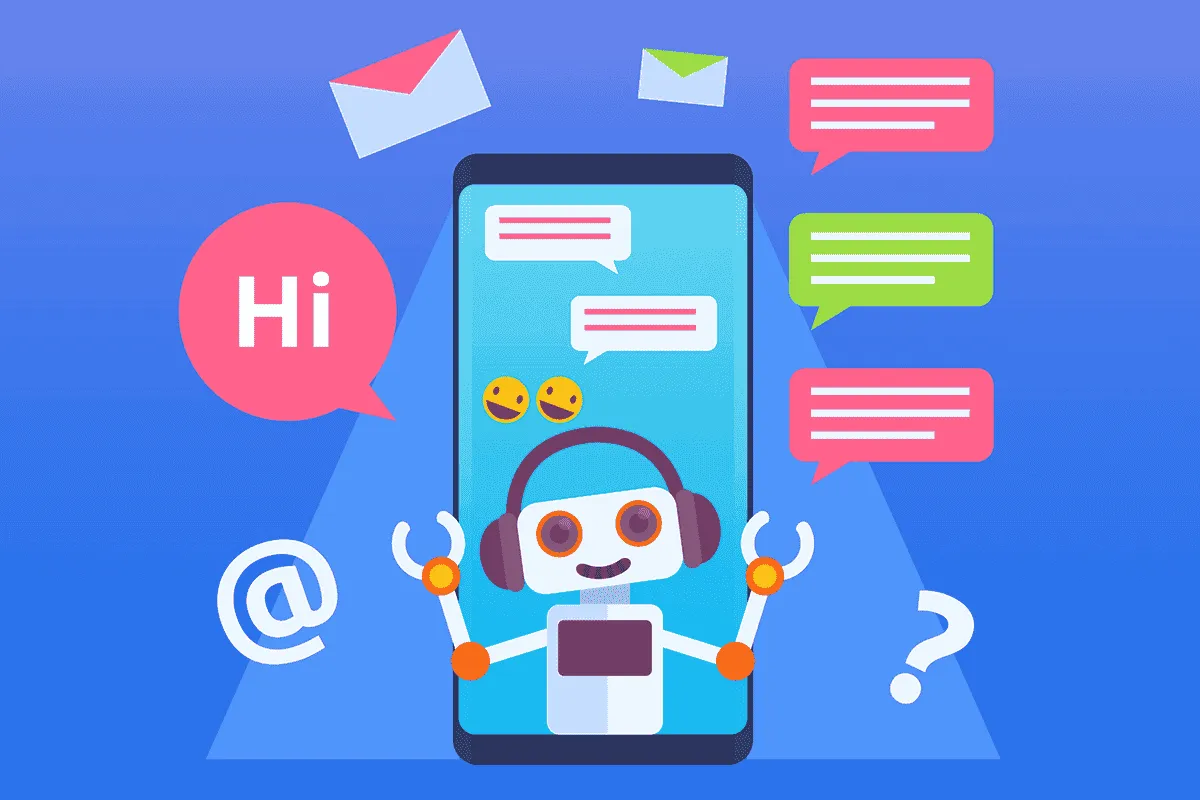But when people need to find a source that can be confirmed or trusted, they still go back to Google. Why is this case? The idea of search is changing rapidly, but trust and accuracy are difficult to automate.
Search feels broken, but it feels better
Therefore, there are more ways to request information, but the search behavior is worse at any time. The user hopes to go from one AI tool to another and get what you want at once. The result does not help more.
People still want evidence
AI can be used quickly, but may be wrong or misleading. This is another main reason why AI assistants cannot replace regular search.
This is one of the reasons why many people are still doubling Google. They want to see the source of information. They click on the link, scan the page, and try to judge themselves.
Google is not perfect, but it shows sources, not speculation. In fact, it is still a big problem when it is important. The search engine provides a choice. AI gives a voice, and people don’t always believe in one voice, even though they sound smart.
The chatbot misses the open web

The search engine uses new data. They are taken from news, forums and sites updated by time. AI is out of what you already know with the design. The difference grows every day and the user starts to see it. They can first request a chatbot, but still click “Google It”.
Comfort of habits and choice
Search is not about data. It is about control. If you enter Google, you can choose a link to trust. You can scan a review, check the news or read the entire page. AI tools skip the steps. They have a clean and short answer and keeps moving.
It feels good for some people, but it feels wrong for others. They want to act of choice, not one illusion. That’s why many people can still open Google even after requesting AI. It’s not about speed. It is about the small sense of control that comes when choosing your own source.
Trust takes time and AI has not yet obtained
It takes time to trust online. Google took decades by mixing data, ranking rules and transparency. The AI chatbot is still new, but it sounds certainly, but the user knows that tones can be misleading.
To get the user’s trust, AI must show not only a simple word, but also a sort of evidence. The user wants to see the link, name and date. They want to know the source of information. Until then, smart people who need accuracy keep the one tab for chat and maintain another tab for search.
AI changes the search behavior and does not replace it
AI made people rethink the meaning of “search.” We are now looking forward to fast and natural answers instead of 10 blue links. But it did not kill the need to dig deeper. When the answer is important, people still want to see the sauce.


